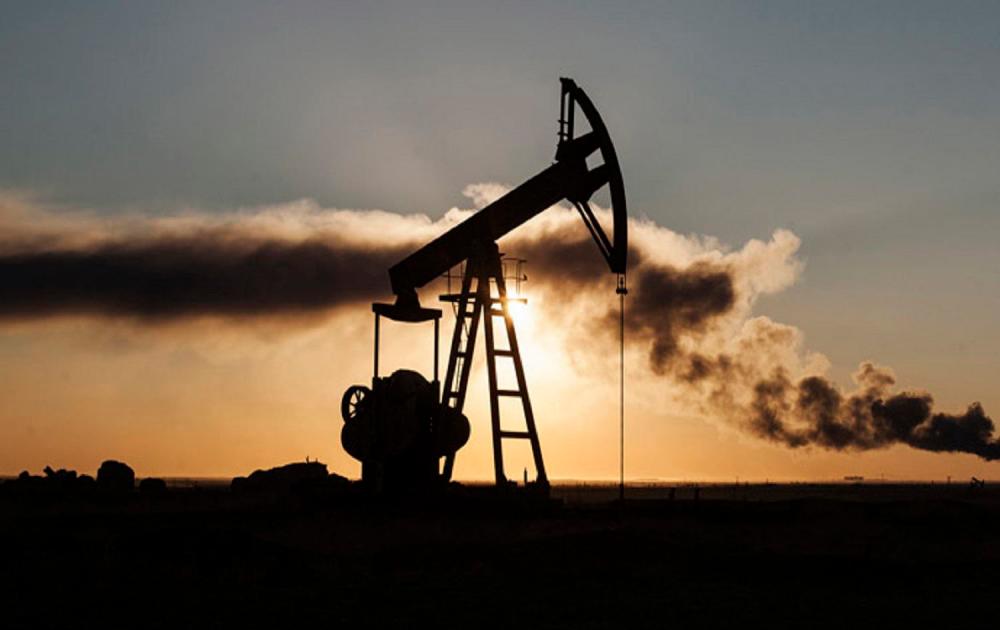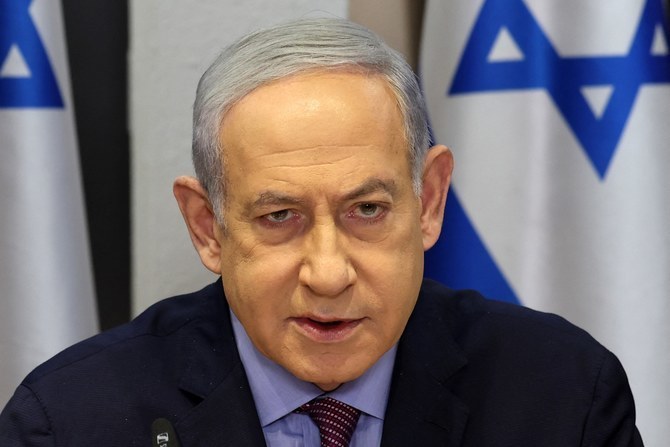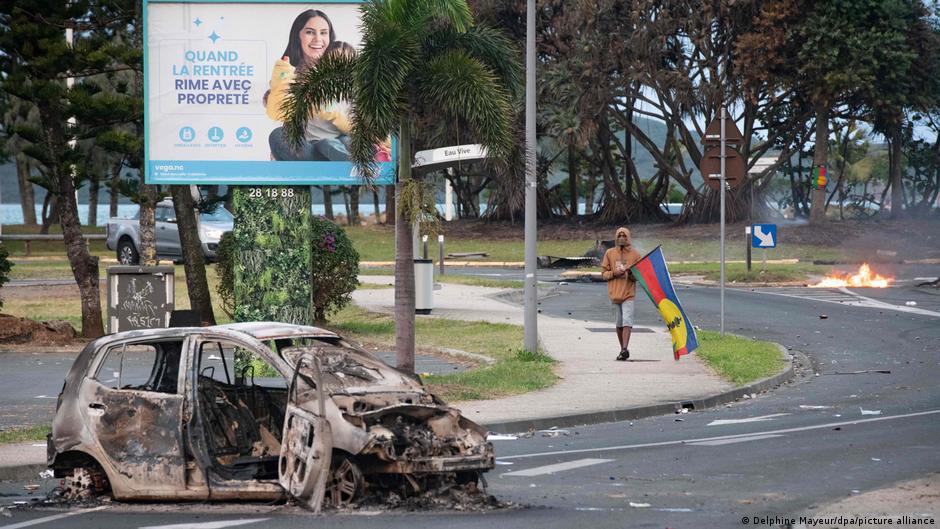- Reuters
- 5 Hours ago
Crude oil prices could skyrocket by 76 percent, says World Bank
-
- Web Desk
- Oct 31, 2023

In a recent announcement, the World Bank has issued a stark warning about the potential impact of the ongoing Israel-Hamas conflict on global crude oil prices. According to the organization, if the conflict escalates into a regional war, crude oil prices could surge by a staggering 76 percent. This worst-case scenario could see crude oil prices reaching as high as $157 per barrel, a development that could have widespread ramifications on global markets.
The World Bank’s cautionary report outlines three possible scenarios, with the most extreme one projecting the 76 percent price hike in crude oil. The report likens this situation to the disruption caused by the Arab oil embargo in 1973, which resulted in a loss of nearly 7.5 percent of the global oil supply at that time. Under this scenario, oil inventories could plummet by an estimated 6 million to 8 million barrels per day.
Hamas says it fires on Israeli forces pressing ground assault
Even in a more moderate disruption scenario, where a reduction of 500,000 to 2 million barrels per day occurs, crude oil prices could still spike to a range of $93 to $102 per barrel. In the case of a medium-level disruption involving a 3 million to 5 million barrel-per-day inventory drop, prices could rise between $109 and $121 per barrel. The World Bank emphasizes that the extent of the disruption could lead to substantial dislocations in oil markets, with sharp price increases initially.
Presently, the World Bank anticipates that crude oil will average around $90 per barrel for the current quarter. However, it expects prices to continue declining into 2024 due to decreasing demand for oil.
The consequences of rising crude oil prices would not be isolated. The report highlights the ripple effect on other global commodities, including food and industrial metals. As crude oil prices rise, production and transportation costs for food would increase, leading to surges in food prices. Additionally, the escalating prices of fertilizers would further add pressure to the situation. Industrial metals such as aluminium and zinc, with their energy-intensive production processes, would also face upward price pressures. Even gold, often considered a safe-haven asset, has already seen an 8 percent increase in value since the conflict began, further demonstrating the widespread impacts of this geopolitical tension.
In summary, the World Bank’s report emphasizes the potential for a significant increase in crude oil prices, especially in the event of the Israel-Hamas conflict escalating into a larger regional conflict. This scenario could lead to a 76 percent jump in oil prices, with far-reaching consequences for global markets and commodities.




